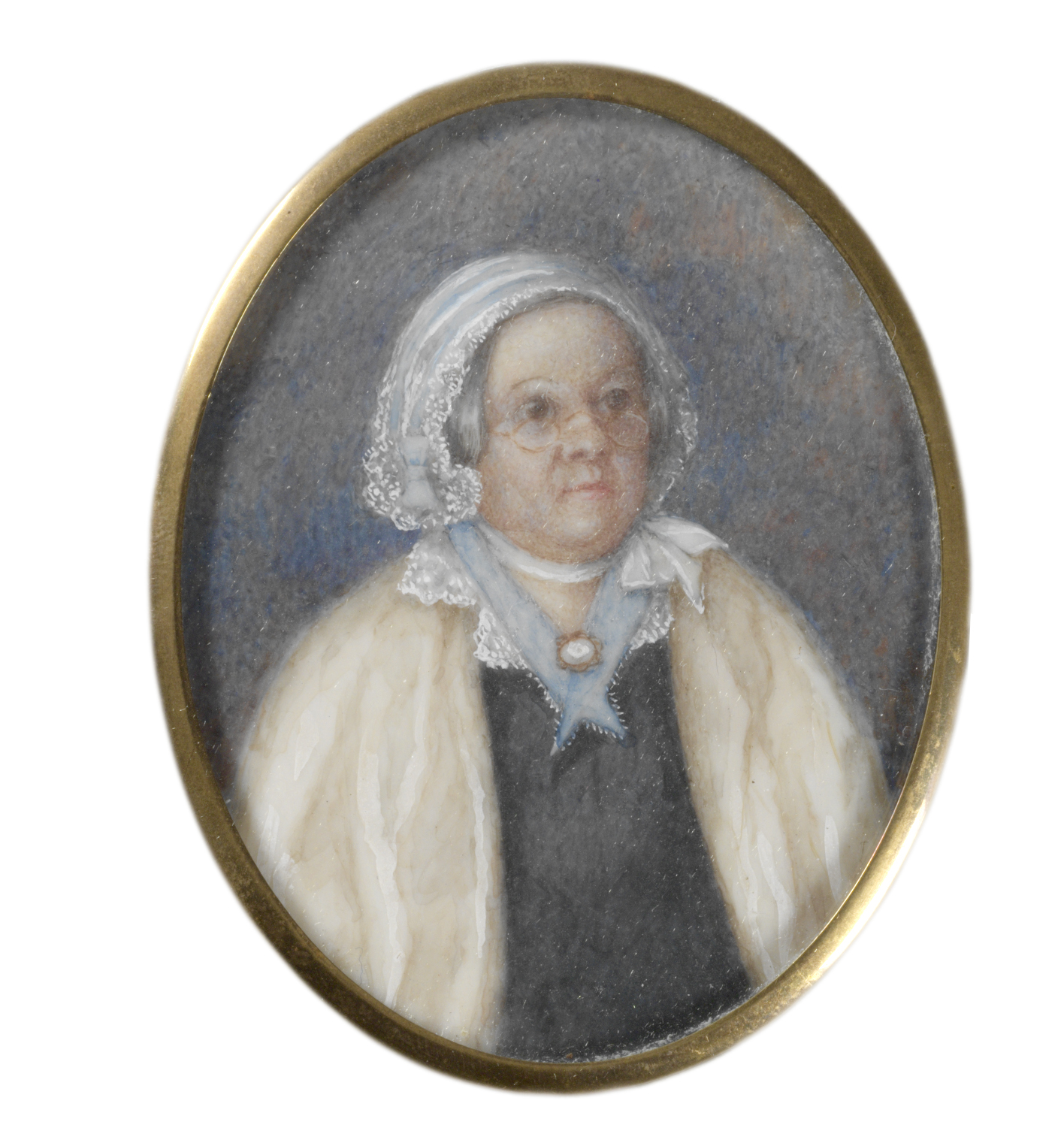Reibey, Mary (1777-1855), was a famous woman convict in the history of Australia. A convict is someone who has been found guilty of a crime. From 1787 to 1868, more than 162,000 convicts were sent from Britain (now the United Kingdom) to colonies in Australia. In Australia, Reibey became a successful merchant and trader.

Reibey’s parents died when she was young, and she was sent to live with her grandmother. At the age of 13 while working as a house servant, Reibey ran away. She dressed as a boy and gave her name as James Burrow. She was arrested for stealing a horse and sent to Australia for seven years. In 1794, at the age of 17, she married Thomas Reibey, an Irish trader with the East India Company. The Reibeys lived along the Hawkesbury River near Sydney, New South Wales . Thomas was granted land and founded a trading estate named Entally House.
Reibey was born Molly Haydock on May 12, 1777, in Bury, near Manchester, England. Little is known about her childhood before she ran away. After her arrest and conviction, she arrived in Sydney on the Royal Admiral, a trading ship that also transported convicts, in 1792. She worked for two years as a nursemaid for Major Francis Grouse, the English lieutenant-governor of New South Wales, before marrying Thomas Reibey.
The Reibeys’ business interests expanded to include multiple farms and a cargo business. When Thomas died in 1811, Mary assumed responsibility for the businesses. She had had experience managing the businesses while Thomas was absent from Sydney for months on trips. She became known as a community role model and prosperous businesswoman. She was also respected for her interest in education and the church.
Mary invested in Sydney by building in Macquarie Place. In 1825, she was appointed one of the governors of the Sydney Public Free Grammar School, an early college-preparatory school. She expanded the family business and eventually retired in 1828. In 1835, Mary built a cottage outside Hunters Hill, New South Wales. She later built a house in Newtown, Sydney, where she died from pneumonia on May 30, 1855. Reibey is featured on the Australian 20-dollar note.
